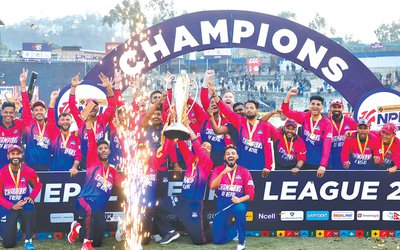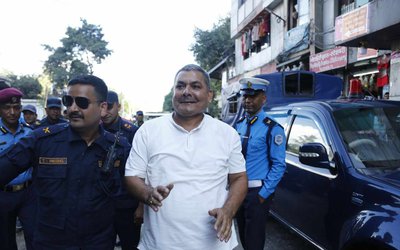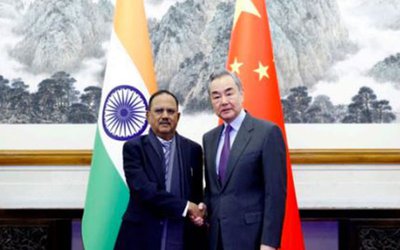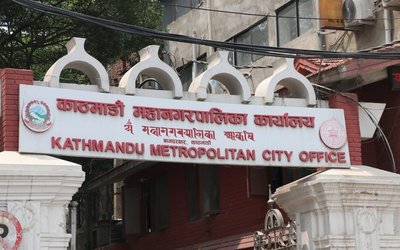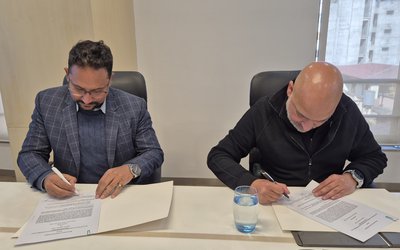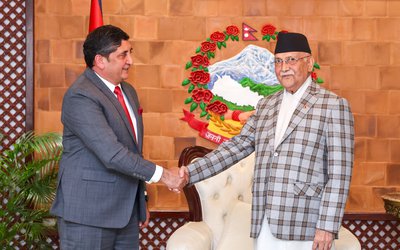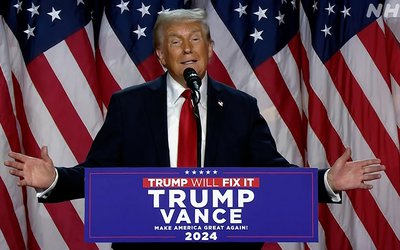At 78, doctor Wally Brown is an active member of Rotary Club. Brown upholds the mission and motto of the Rotary International as he shows his willingness to help people in anyway he can.
Paul. P. Harris, the founder of Rotary International, started his secular organization with the purpose to bring together business and professional leaders to provide humanitarian service, encourage high ethical standards, and help build goodwill and peace in the world.
Rotarians like doctor Brown have helped keep this organization alive over the years by upholding the organization’s motto: Service above Self.
Doctor Wally was born and raised in Salt Lake City, Utah.
Brown was asked to go as a missionary by the church to places like Connecticut, New Hampshire, Massachusetts and a few places of eastern Canada. After returning from the mission, he went back to BYU to complete his undergraduate degree. He later joined the University Of Washington- School Of Dentistry in Seattle.
Victor E. Frankl, the author of the book, “Man’s Search for Meaning” has rightly stated,“A man who becomes conscious of the responsibility he bears towards a human being, who affectionately waits for him, or to an unfinished work, will never be able to throw away his life. He knows the ‘why’ for his existence, and will be able to bear almost any ‘how’.”
An American living in Utah of the United States, doctor Brown spoke to Shradha Gyawali in his residence. Excerpts:
Who inspired you to study dentistry and how satisfied are you with your professional life?
I did not have any good role model in dentistry. My family had never gone to college. I had two good friends whom I really respected; they were both doing pre-dental studies and they were the ones who inspired me. But that wasn’t enough; I was still not fully convinced to study dentistry. So, I took a few requirement classes for dentistry which encouraged me in going ahead in this profession.
Are you satisfied with your work?
Well, I am very much satisfied. It gave me a chance to be flexible and it was also very satisfying as I could help people. Not only this, I also got to be my own boss, there was no one to direct me, this made me really happy. I feel satisfied that I was able to help and give service to people.
Have you always been proactive in helping the less fortunate as you do now?
I always wanted to be, and yes, I have been pretty active.
What took you to Nepal and what has made you fall in love with the country and the people there as you have continuously been helping the people there with whatever you can?
I went to Nepal first with CHOICE. I had previously got an opportunity to go to Guatemala with them and heard that they were going to Nepal. So, I went along. On my first trip to Nepal, I had been to Lamjung. I loved the place. The people were warm and loving which inspired me to make a difference in their lives. The six times that I have been to Nepal, I have been to Okhlapani five times.
What does Rotary mean to you? As you are the past district governor and an active Rotarian, what keeps you so involved with Rotary?
I always wanted to give service and Rotary gives me an organized platform to help people. There are good people in Rotary. It gives me the chance to meet people and work with people with humanitarian interest from all over the world. Rotary is also becoming popular with the Polio eradication program. In 1985, 385 people were paralyzed with polio every year and today the number has dropped down to very few.
What inspired you to take up projects in Nepal like the regular dental camps that you do and also the many wheelchairs that you have been instrumental in sending to Nepal?
I just saw a huge need. There are about 27 million people and very few dentists and these dentists are mainly concentrated in Kathmandu. There was such a huge need, I had organizations to work with and also because I love Nepal I really wanted to make a difference. It would be people like the Rotarians from the Rotary club of Kathmandu METRO and few other friends who made things easy for me. I like to do it so I ought to. There are other people to do as well but there is such a huge need.
What are the things you have sent to Nepal?
Wheelchair was another project idea. There are a lot of spinal injury cases due to bad working conditions. Each shipping container has 280 wheelchairs which costs a total of $22,000. I have sent two such containers and in each case Rotary Club of Kathmandu METRO did the arrangement to distribute the wheelchairs to the disabled people. We also visited Chitwan and Biratnagar to distribute the wheelchairs. This is something I could not have done without Rotary. Not only this, we also have polio under control in Nepal. Last year we had six reported cases and this year we have none so far.
What has been your experience with the Rotary Club of Kathmandu METRO which you work with very closely?
Rotary clubs are different all over the world. Some are strong, some weak, some do a lot of projects while some don’t have much to do. In the early years they had a bit to learn because they had never been a part of Rotary. Now they have become good friends and have a good sense of mission.
As a literacy chair for Rotary, what do you think about the current education system of Nepal?
I don’t know much about the education system but I like the fact that even in rural areas people start learning some English. However, I would very much like to see better trained teachers. In order to do this the economy of the country needs to be strengthened so that they can build better schools, universities and have trained teachers.
- SWISS SUPPORT: Construction Of A Trekking Trail In Koshi
- Dec 19, 2024
- PM OLI'S VISIT TO CHINA: BRI Agreement
- Dec 16, 2024
- RASUWAGADHI AND SANJEN: Begin Generation
- Dec 03, 2024
- NEPAL, INDIA ELECTRICITY TRADE Nepal's Advantage
- Dec 02, 2024
- PM Oli'S VISIT TO CHINA: Nepal's Dilemma
- Dec 01, 2024

